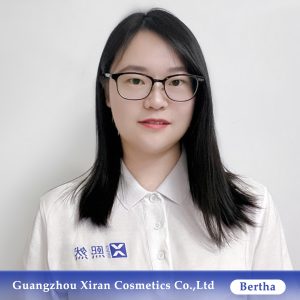
Keratosis Pilaris (KP), commonly referred to as "chicken skin," manifests as small, rough elevations resulting from keratin accumulation in hair follicles. It doesn't hurt, but it's very common. Up to 80% of teens and 40% of adults have it. KP doesn't hurt your health, but it can make your skin dry, red, and uneven, which can make people feel less confident when they wear short sleeves or summer clothes.
More body lotions that not only moisturise but also smooth out skin and make it look better are coming out in response to this. The global skincare market was worth $115.6 billion in 2024 and is expected to keep growing. The KP treatment segment is growing the fastest, with a compound annual growth rate (CAGR) of about 6.1% through 2033.
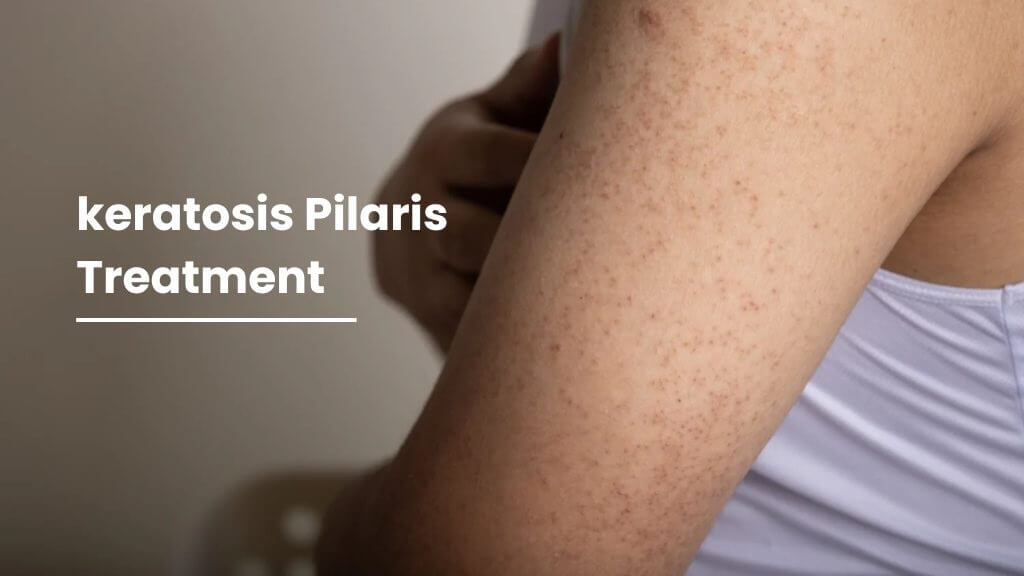
In 2024, the KP care segment was worth $7.3 billion. By 2033, it is expected to be worth $13.3 billion. Genetic factors, dry climates, and more people becoming aware of skin health are all driving up demand.
North America is the market leader, thanks to high consumer awareness and easy access to over-the-counter products.
Asia-Pacific is growing quickly because more people are living in cities and taking care of their skin.
The best ingredients for KP lotions are:
People between the ages of 18 and 40 are the main buyers. They like formulas that don't have a scent and don't irritate the skin, and that are backed by clinical evidence. Online sales (through Amazon and DTC brand sites) are the most popular, but physical stores like Walmart, Sephora, and drugstores are still good places to buy things.
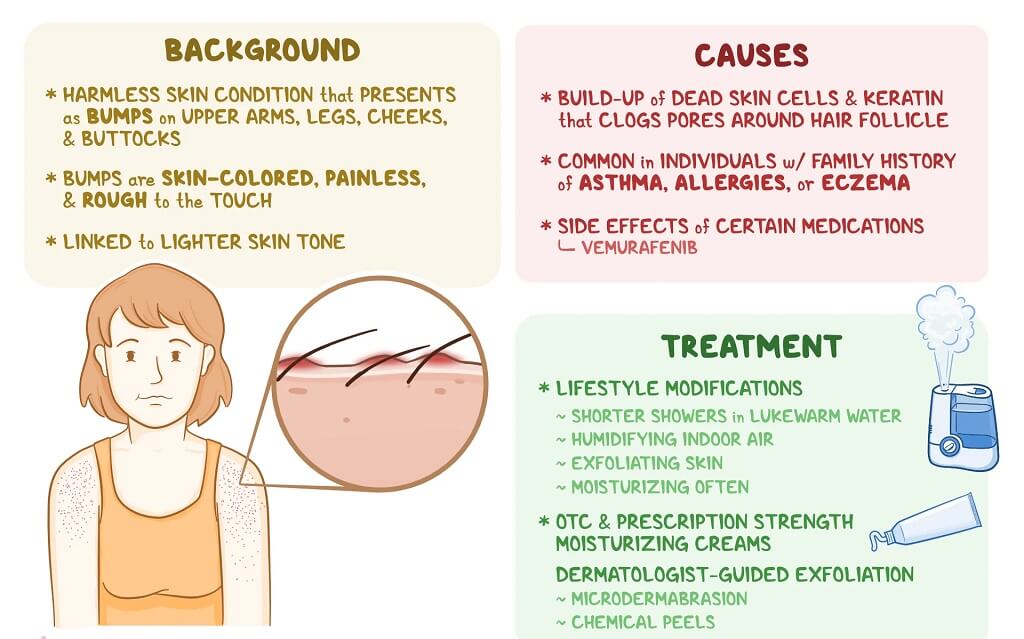
It takes a lot of time, money, and testing to make a KP lotion from scratch. Partnerships with private labels are a quicker and safer way to get into the market.
Some of the most important benefits are:
Private label solutions make things easier from a technical and regulatory point of view, so brands can focus on positioning, sales, and engaging with customers.
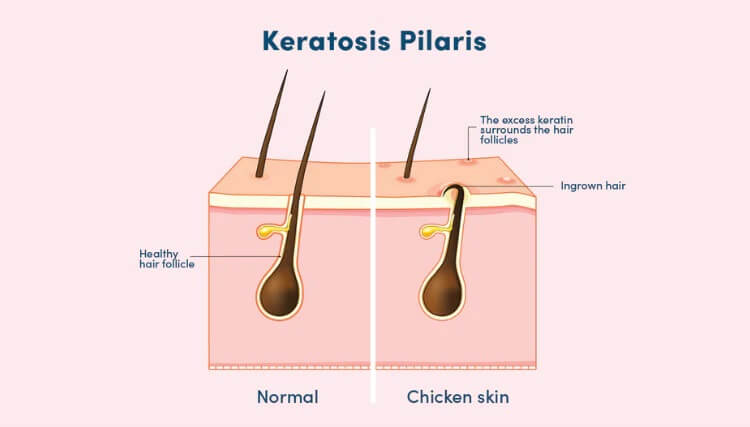
Selecting a private label partner for KP lotions requires expertise in exfoliating formulations and regulatory savvy. Below are five leading manufacturers, chosen for their specialization in functional body care, innovation in acid-based actives, and proven track record with KP-inspired products. Each offers customizable lotions with urea, AHAs, and ceramides, backed by clinical testing.
| Manufacturer | Key Strengths | Notable Features for KP Lotions | Location | MOQ Range |
| Bo International | Scalable production, custom formulations, vegan/cruelty-free options, global exports to 120+ countries | AHA/BHA blends for exfoliation and hydration; targets rough skin, uneven tone, and KP; full packaging customization; GMP, ISO, HALAL certified | India | 2,000+ units |
| Xiran Cosmetics | R&D innovation, end-to-end support for startups, trend-driven formulas | Custom urea/AHA-infused lotions for smoothing and brightening; mentions KP-specific ingredients; eco-friendly packaging; GMP/ISO ,BSCI,FDA compliant | China | 1,000+ units |
| HCP Wellness | Affordable customization, organic focus, strong Asian market presence | Body lotions with lactic acid, salicylic acid, and ceramides for KP-like conditions; vegan and cruelty-free options; GMP/ISO certified | India | 1,000-3,000 units |
| SBLC Cosmetics | Turnkey services including formulation, branding, and logistics; EU compliance focus | Nourishing, exfoliating lotions with ceramides and acids; ideal for dry/rough skin like KP; ISO/GMP certified | Germany | 3,000 units |
| Kolmar Korea | Advanced R&D, beauty solutions, international standards | Custom skincare with AHA/BHA for body care; addresses bumpy skin and hydration; GMP/ISO certified; strong in Asian market compliance | South Korea | 5,000+ units |
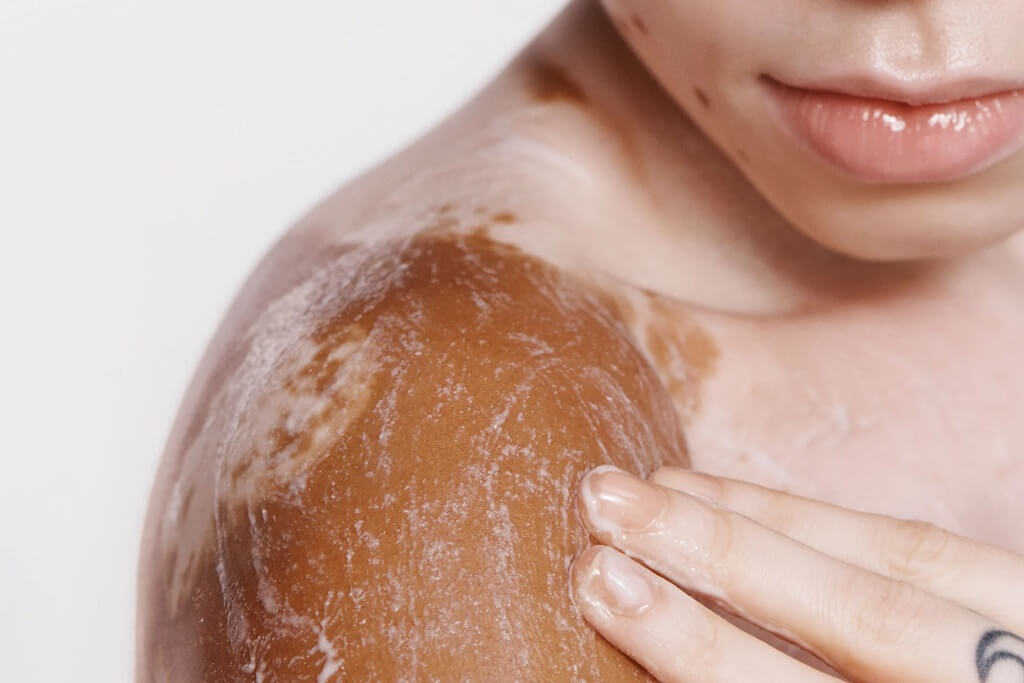
Acids (AHAs and BHAs) are common in KP lotions, and they are closely watched. If you don't follow the rules, you could get a recall or a ban.
Best practice: Pick manufacturers that give you MSDSs, toxicology reports, and stability tests. This makes sure that the rules are followed and that market entry doesn't take too long and cost too much.
How to Choose the Right Partner
When choosing the right private label partner, you need to do more than just look at prices. Brands should think carefully about:

The KP skincare niche is one of the fastest-growing areas of functional body care. Brands can get into this market quickly with private label manufacturing, which offers custom formulas, compliant production, and scalable minimum order quantities (MOQs).
Our list of the Top 5 Private Label Keratosis Pilaris Lotion Manufacturers includes companies that are good at making products, can help you stay compliant, and can change how they make things. The right partner can help you turn KP problems into successful, profitable product lines, no matter if you're a new company or an established brand.
